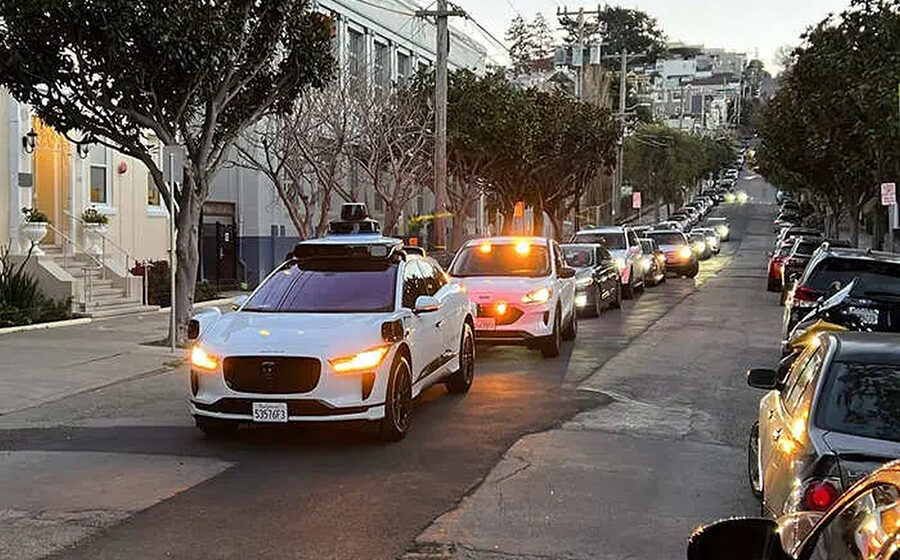Waymo, the Alphabet-owned transportation company, has received approval from the California Public Utilities Commission (CPUC) to expand its driverless vehicle operations in Los Angeles and additional parts of the Bay Area. Despite protests from major cities and county officials, Waymo’s bid for expansion was granted.
Approval and Expansion Plans
Waymo spokesperson Julia Ilina expressed gratitude to the CPUC for the approval, emphasizing that it clears the path for the deployment of Waymo’s commercial service, Waymo One, in Los Angeles and the San Francisco Peninsula. The company had begun testing its autonomous driving program in Los Angeles and sought approval for its passenger safety plan earlier this year.
Opposition and Support
While facing opposition from city and county officials, Waymo also received significant support, with 81 letters backing its operations, including endorsements from advocacy groups, disability organizations, and cycling and pedestrian groups. Despite concerns raised by officials, Waymo maintains that its vehicles are statistically less likely to be involved in injury-causing crashes compared to human-operated vehicles.
Careful Approach and Collaboration
Ilina stressed that Waymo will adopt a cautious and incremental approach to its robotaxi service expansion, collaborating closely with city officials, local communities, and partners. Although specific timelines for expansion were not provided, Waymo has already provided over 15,000 rides to the public in Los Angeles.
Controversies and Challenges
Driverless rideshare companies like Waymo and Cruise have faced controversies, particularly in San Francisco. Instances of Waymo vehicles impeding road access, blocking public transport, and causing injuries have fueled skepticism and opposition. San Francisco transportation officials have called for a slower rollout of autonomous taxis, citing concerns over testing data and incident records.
Regulatory Scrutiny and Incidents
Regulatory scrutiny intensified when Cruise, another driverless rideshare company, had its permits revoked by the DMV following an incident where one of its vehicles dragged a woman underneath for 20 feet. Additionally, incidents like the burning of a Waymo vehicle during a community event in San Francisco have underscored public mistrust and safety concerns surrounding autonomous vehicles.
In conclusion, Waymo’s expansion approval amidst controversy highlights the complexities and challenges associated with integrating autonomous vehicles into urban environments. As Waymo proceeds with its expansion plans, collaboration with stakeholders and a commitment to safety and transparency will be paramount in navigating the evolving landscape of autonomous transportation.



Leave a Reply